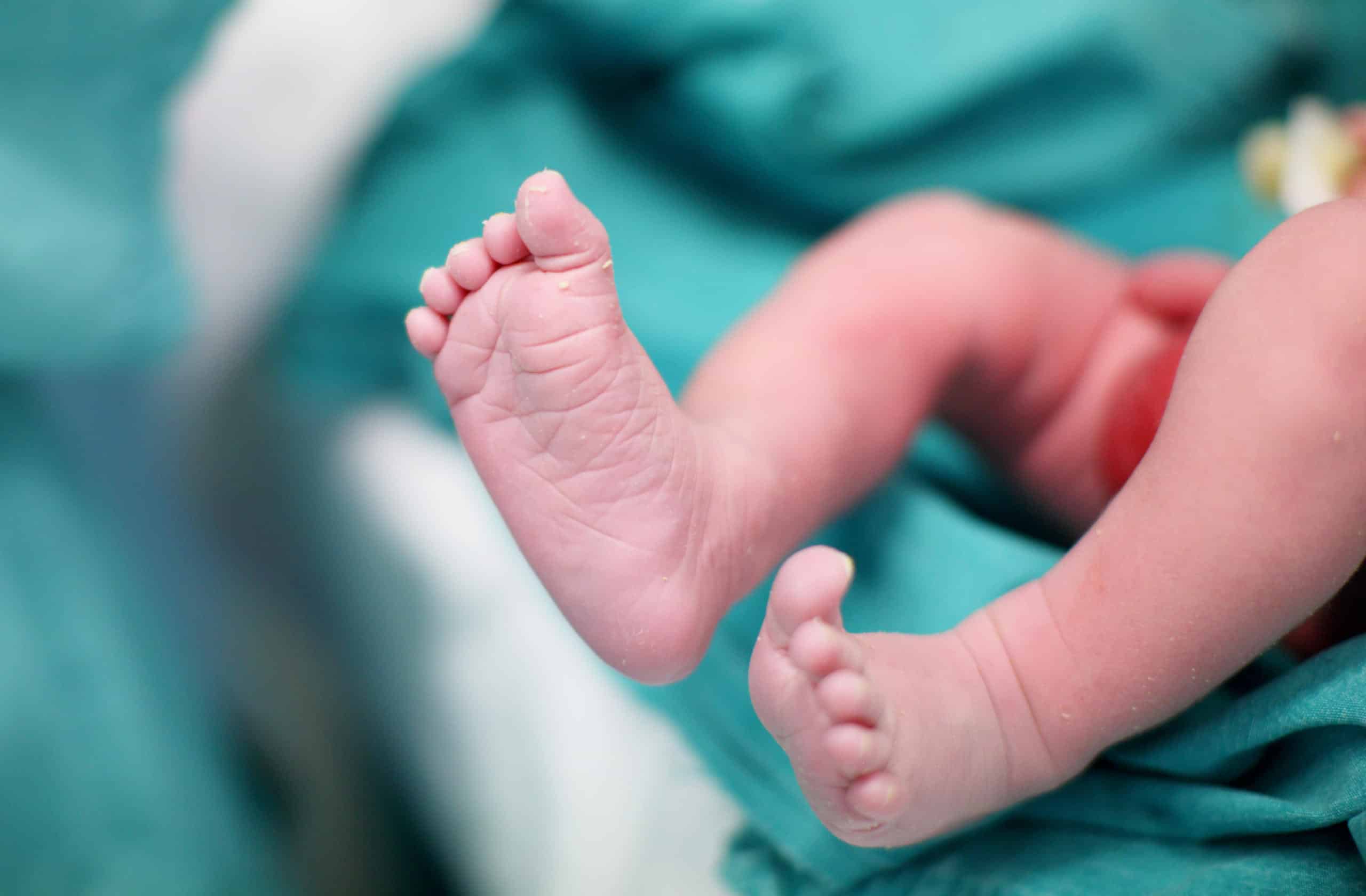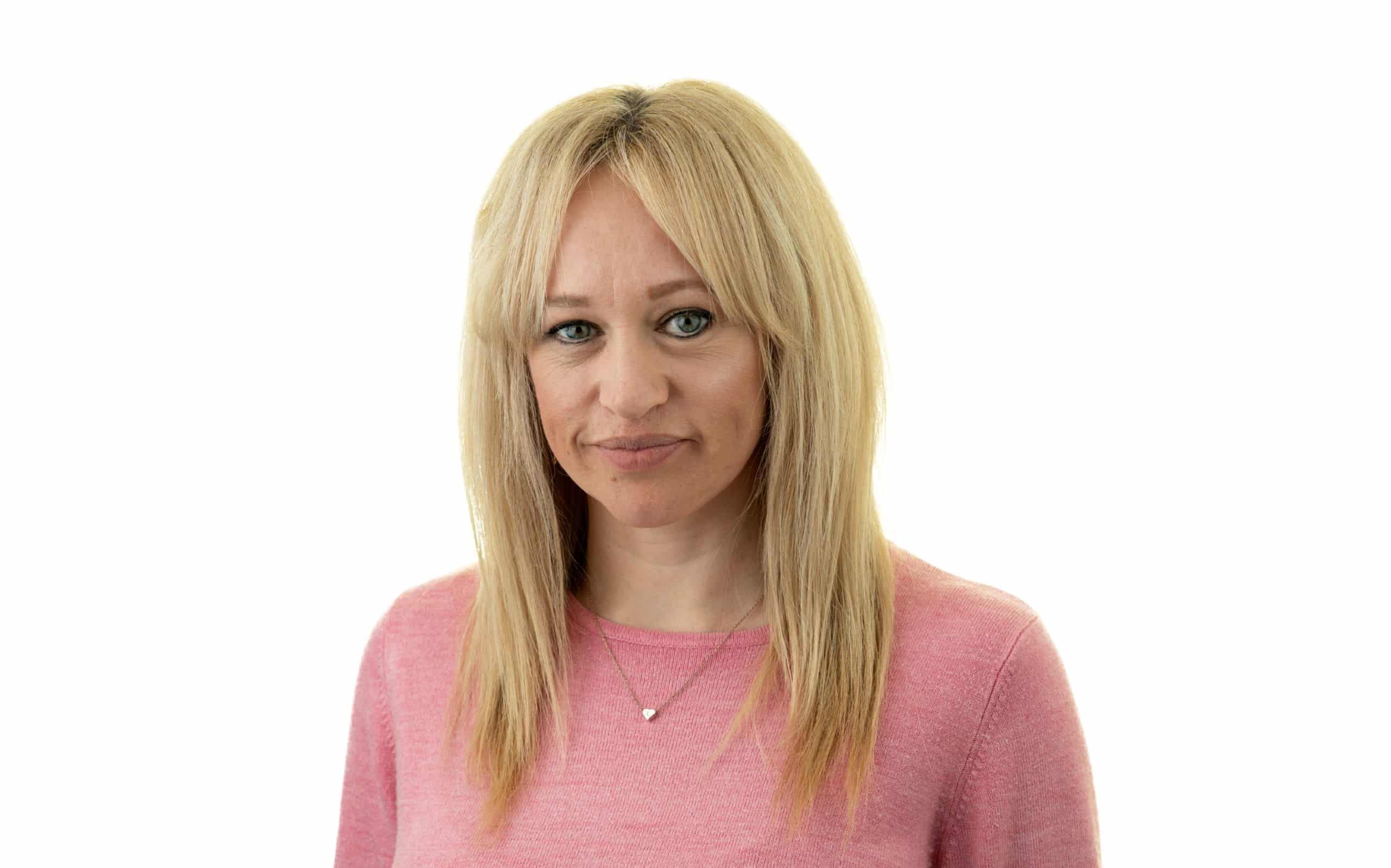This week is Baby Loss Awareness week, a week to reflect and remember those precious babies who died too soon, but also raise awareness about baby loss.
Baby loss can occur during pregnancy, during the labour, in the early neonatal period or in infancy. Whichever time the loss occurs, it is a traumatic experience for all those involved. The lives of those affected change forever.
The week gives an opportunity for those who have lost a baby to come together and remember those babies lost.
Leanne Devine, a solicitor in Fletchers Birth Injury Unit, said: “Although the true statistics are unknown, the scale of baby loss within the UK is clearly significant, with many people facing the loss privately.
“Sometimes the loss is preventable and at Fletchers Group we have first hand experience of helping families to come to terms with that grief and understand the reasons why the loss occurred.”
If you have been affected by baby loss and are struggling, there are many charities out there offering support. If you have been affected by a neonatal death and think this may have been preventable, please contact Leanne Devine at leannedevine@fs.co.uk or go to https://www.fletcherssolicitors.co.uk/medical-negligence/pregnancy-and-birth/

